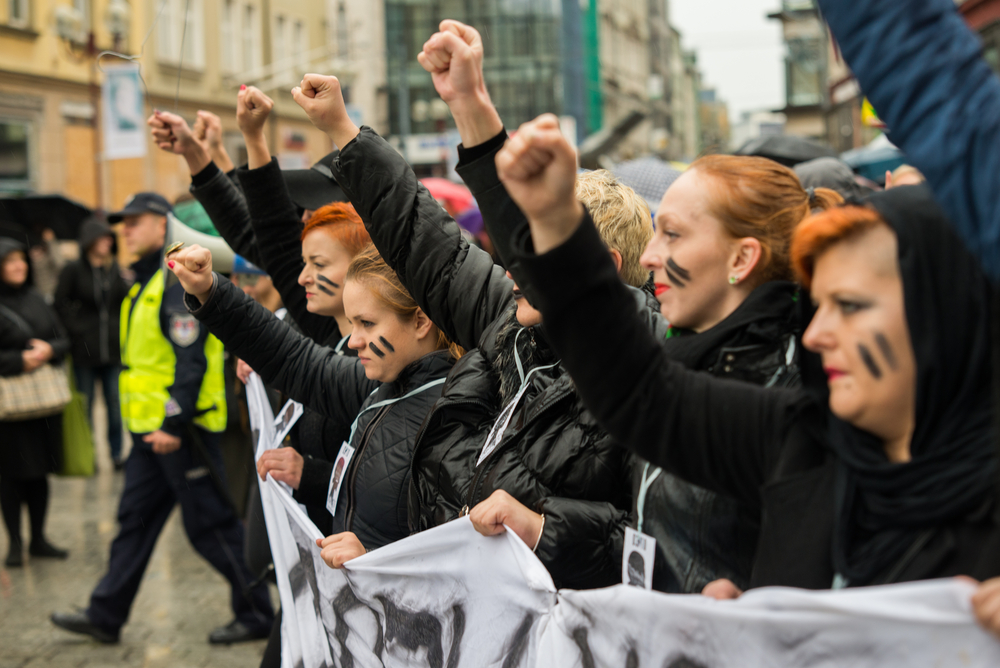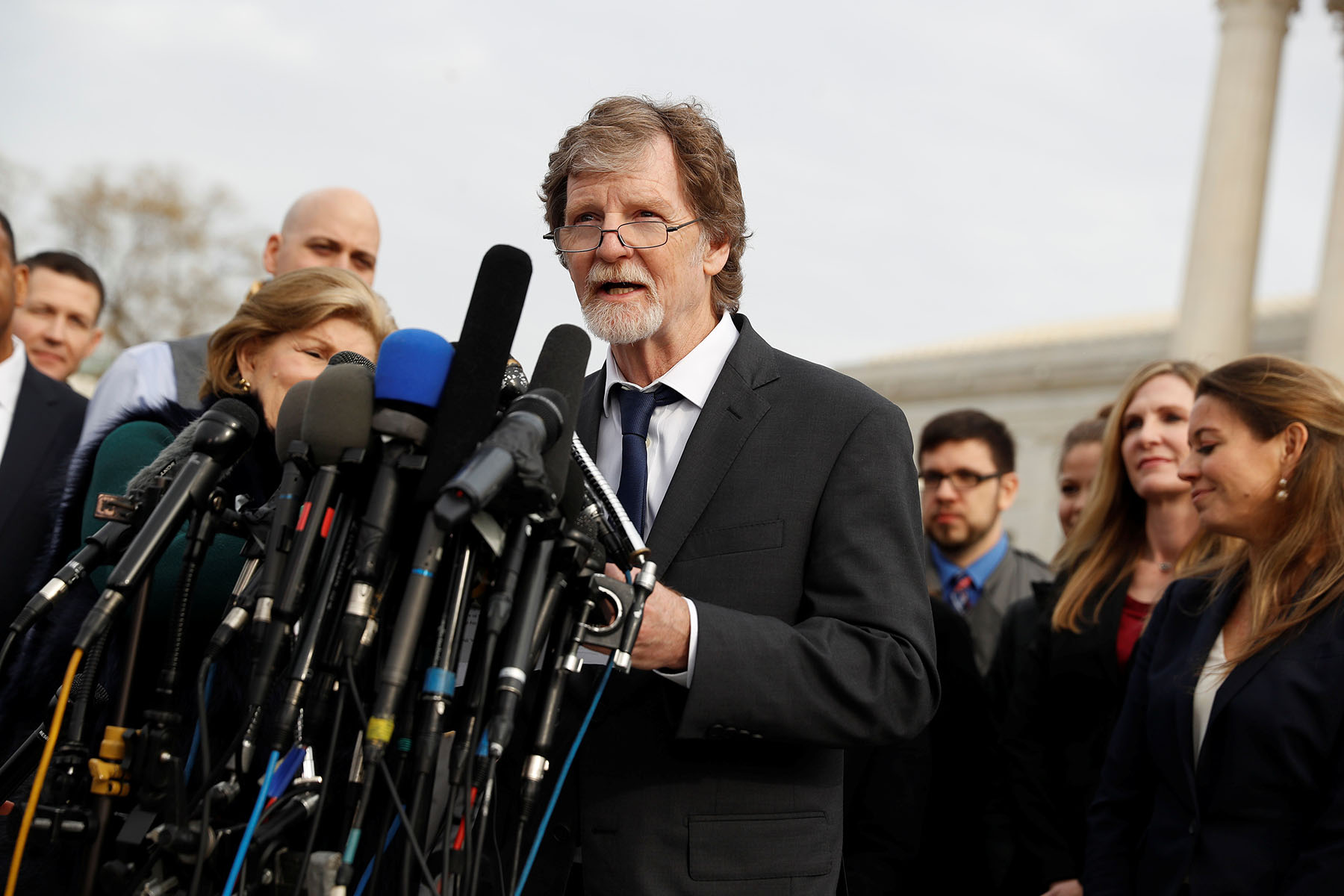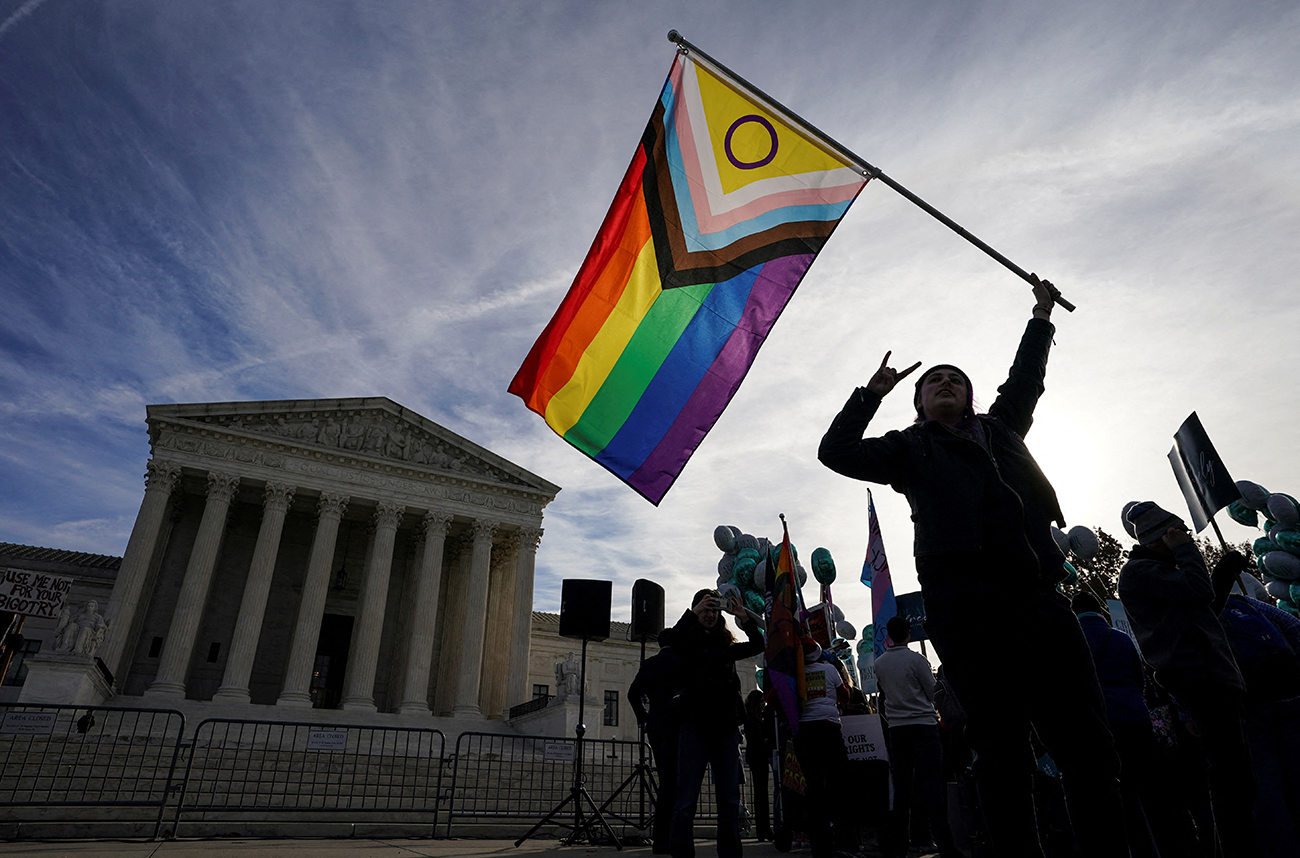The United States Court of Appeals for the Seventh Circuit ruled that a Chicago ordinance did not violate the First Amendment freedom of speech or the Fourteenth Amendment Equal Protection Clause when it was used against a woman exposing her breasts in public as part of a political protest.
Sonoku Tagami was cited for violating an ordinance banning public nudity when she walked naked from the waist up except for opaque body paint on her breasts. She said she was celebrating “GoTopless Day” to protest laws against public exposure.
The federal appeals court, in a 2 to 1 decision on November 8, noted that only conduct that is “inherently expressive” enjoys First Amendment protection. “To fall within the scope of this doctrine, the conduct in question must comprehensively communicate its own message without additional speech. Put slightly differently, the conduct itself must convey a message that can be readily ‘understood by those who view it.'”
The court continued: “She alleged in her amended complaint that she bared her breasts in public places around Chicago as part of GoTopless Day, an event intended to ‘protest … laws that prevent[] women from appearing bare-chested in public,’ which the group and its supporters consider archaic. Whatever her subjective intent, Tagami’s public nudity did not itself communicate a message of political protest. Indeed, her amended complaint drives this point home by alleging that she appeared topless in public ‘while expressing [her] views that women, like men, should not be prohibited from appearing bare-chested in public.’ The presence of additional explanatory speech ‘is strong evidence that the conduct … is not so inherently expressive that it warrants [First Amendment] protection.’”
“Nor does the amended complaint offer any facts from which it might reasonably be inferred that onlookers would have readily understood that this public display of nudity was actually a political protest against the City’s public-indecency ordinance.”
The court compared nudity to the flag burning case, Texas v. Johnson, 491 U.S. 406 (1989), in which the U.S. Supreme Court held that the “expressive, overtly political nature of th[e] conduct was both intentional and overwhelmingly apparent. It is not ‘overwhelmingly apparent’ that a woman’s act of baring her breasts in public expresses a political message.”
<em>Tagami v. City of Chicago</em>November 12, 2014: Topless Protestor Files Lawsuit Defending Her First Amendment Right to Bare Breasts
Sonoko Tagami filed a federal civil rights lawsuit against Chicago after being ticketed for indecent exposure at a Go Topless Day event.
CBSTags



